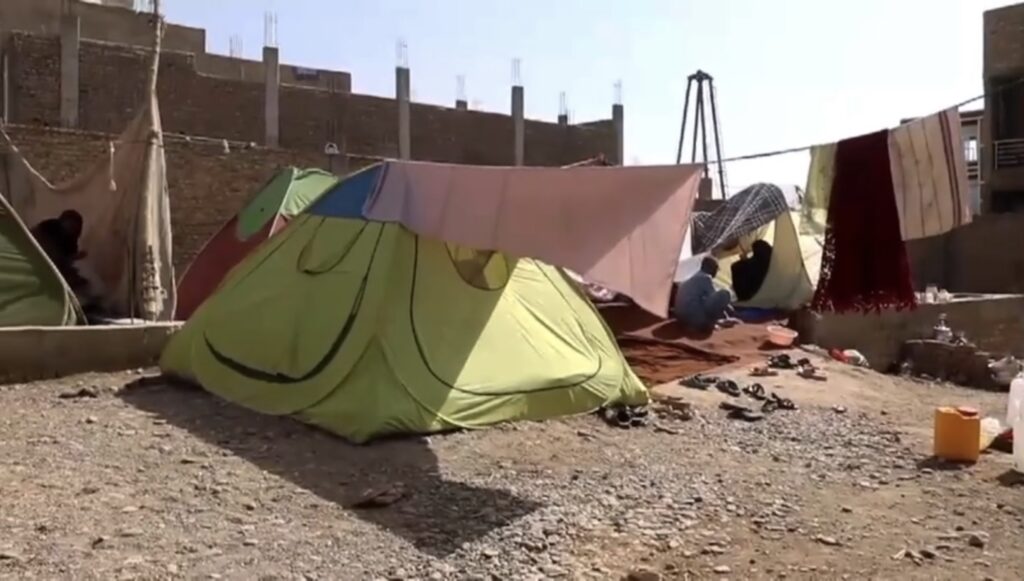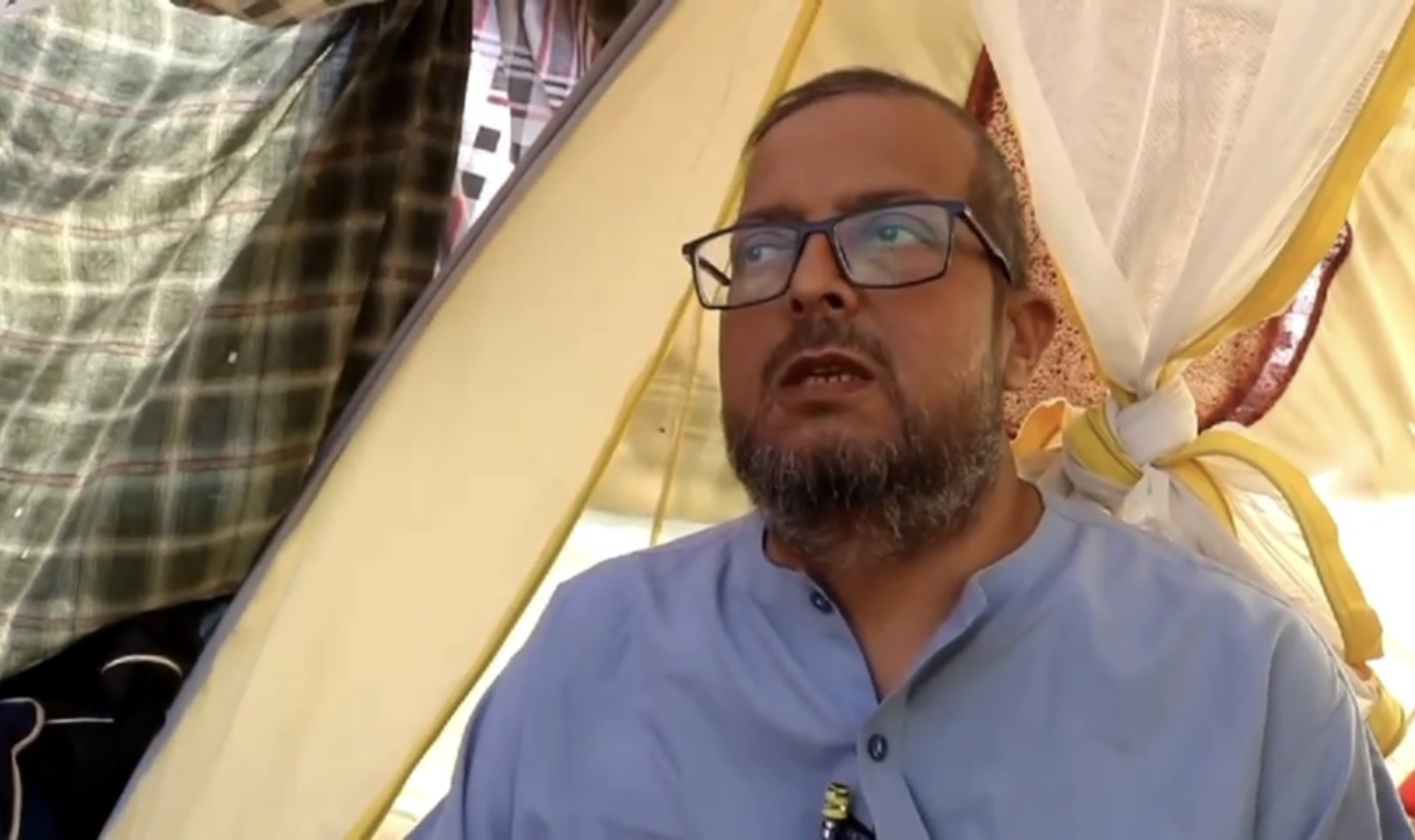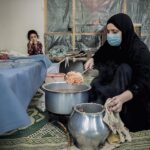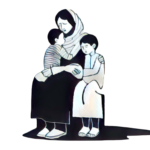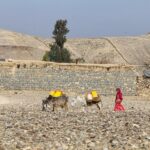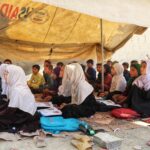For World Food Day, October 16, 2024, the Afghan Times and IUF Asia/Pacific released a report “Women and Food Insecurity in Afghanistan” highlighting the country’s worsening food crisis, deteriorating health conditions, and rising malnutrition, exacerbated by the Taliban’s systematic repression on women and girls’ rights.
Abdul Wahab used to be a shopkeeper, supporting his family in the rural village of Jabkun in Herat province. Like many in Afghanistan, his life was already hard, but when his kidneys stopped working, everything changed. Now, he finds himself trapped in a cycle of poverty, unable to work, and forced to make unimaginable sacrifices just to survive.
“When my kidneys stopped working, I closed my shop. I used the money I had to go to Iran for dialysis, but it wasn’t enough,” Abdul Wahab shared, his voice weighed down by the pain of years of suffering. “I have three children. Two are apprentices, and the little one helps his mother in the house. But what they earn is barely enough to buy food.”
In a desperate attempt to save his own life, Abdul Wahab sold his house to cover the costs of dialysis, a procedure he now undergoes weekly. “I sold my house just to keep myself alive and pay for the dialysis,” he said. But even that sacrifice hasn’t brought long-term relief. He now faces the daunting prospect of needing another kidney transplant, a procedure that could cost up to 800,000 Afghanis – a sum far beyond his reach.
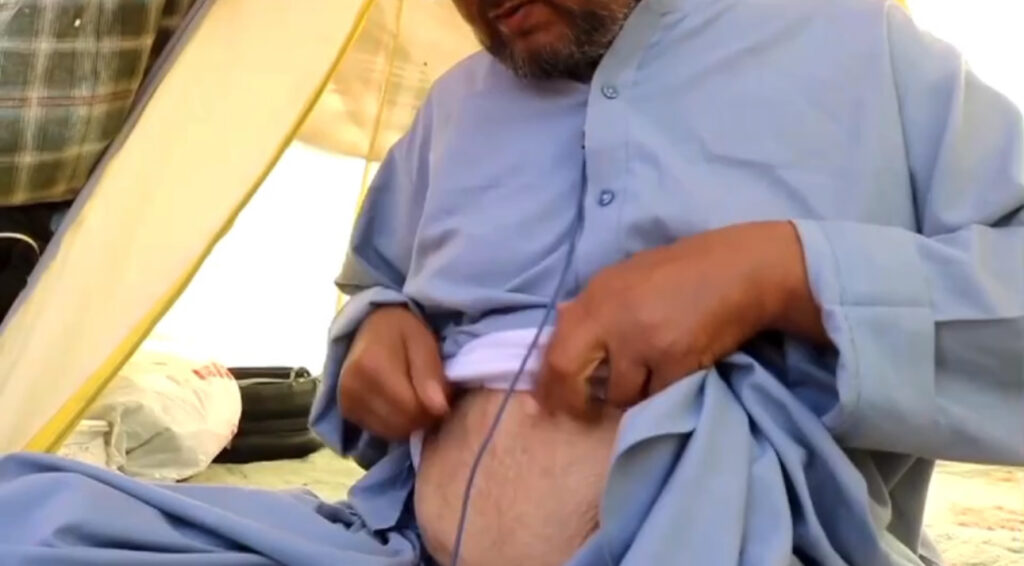
His wife, Gulsoom, adds another layer to their heartbreaking story. “Our problems started last winter, when his creatine levels got too high. We borrowed money and sent him to Iran, but now he’s back, and nothing has changed. We sold our house to cover the expenses, and now we live in a rented place, barely managing to buy bread for the children.”
Gulsoom bears the brunt of the family’s daily struggle, often going without food herself to ensure her children have something to eat. “I go to bed without a bite of bread, and the days pass without knowing if there will be enough food for the next iftar. Sometimes, I give the children a cup of milk to make it through the night,” she recounts, tears filling her eyes.
The stress of caring for her husband and her children is taking its toll on her, physically and mentally. “Every Muslim wants to help their family,” she says, “but we are at our limit. My eldest son is just thirteen, and he brings home what little he can. Without a kidney transplant for my husband, I don’t know how we will survive.”
For Abdul Wahab and Gulsoom, food insecurity is not just about hunger – it is about survival. The lack of access to adequate healthcare, the crushing economic burden, and the daily uncertainty of whether they will have enough to eat are all symptoms of a much larger crisis. Like many in Afghanistan, they are caught in an unforgiving system, where even the most extreme sacrifices don’t always provide a way out.
“If my husband gets the transplant, maybe he can return to work, maybe we can buy food again,” Gulsoom says quietly. But for now, they can only pray, as the burden of food insecurity continues to tear at the very fabric of their lives.
